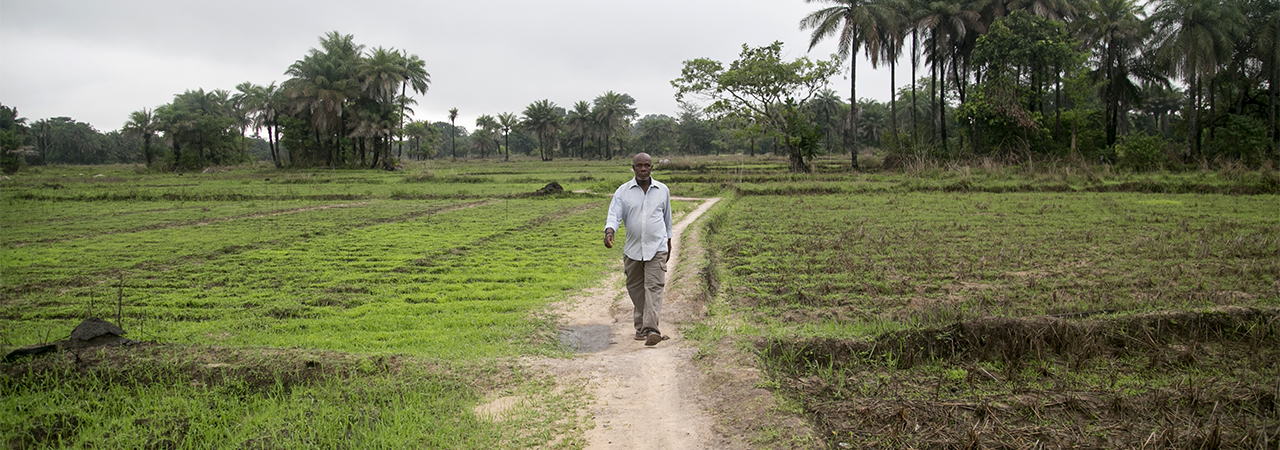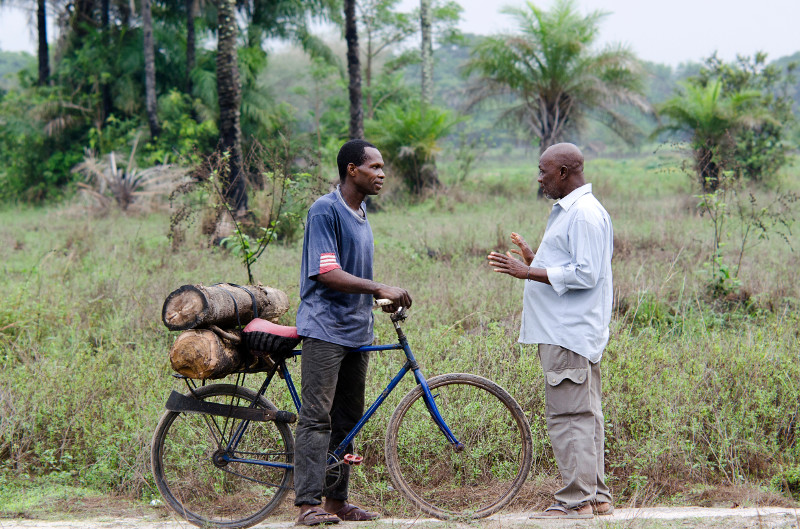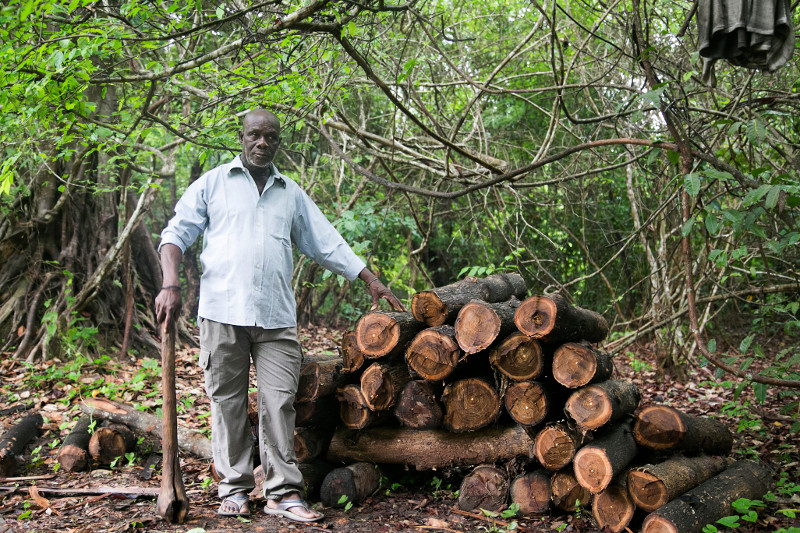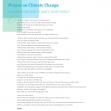

Senegal: Environmental Protection Meets Peacebuilding
Every evening, Toumboul Sané leads a group of volunteers who patrol more than 1,200 acres of forest in Senegal's Casamance region. By standing guard, they are protecting trees—one of the region's most valuable resources—from poachers.

Their patrols are often greatly outnumbered by poachers, but this doesn't stop them. During one evening, a few dozen community volunteers working with local authorities seized 512 illegally logged tree trunks.
Guarding the forest is hard, and at times dangerous, work. But community members understand that without it, they will lose access to food, income and a way of life that has sustained generations.
"We protect the forest for our children and their future," Toumboul says.
The catalyst for their work is a program called SCOPE, or strengthening community opportunities for peace and equality. Supported by Catholic Relief Services, SCOPE brings people in the region together to work for a common goal.
A platform for peace

Among the problems were disputes over who had access to resources like timber. Soon, the forest became vulnerable to illegal logging. No one was winning. And everyone was losing.
Under SCOPE, CRS has organized community workshops in 14 villages. Organizers hope to bring people together to create trust and respect, and identify lasting and effective ways to protect their environment.
With support from the U.S. Agency for International Development's Office of Conflict Management and Mitigation, SCOPE will directly impact 2,700 people in these communities. But its real impact—on the environment—should last generations.
"People cut trees because of poverty, but this is not the solution. It will cause everyone problems in the future," explains Toumboul. "Without the forest, we can't live normally. We can use it for collecting and selling food, and it protects us from climate change."
"Thanks to SCOPE, we woke up," he continues. "Now we can educate other groups on the importance of natural resources."
Bourama Sane, a community elder working with Toumboul agrees. "After 2 years with SCOPE, we have positive changes."
The trees, once part of the problem, are now part of the solution.




